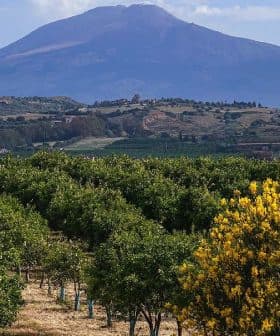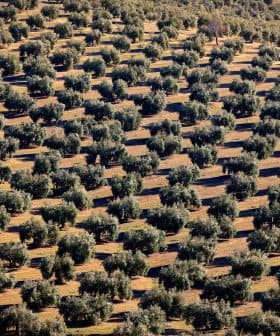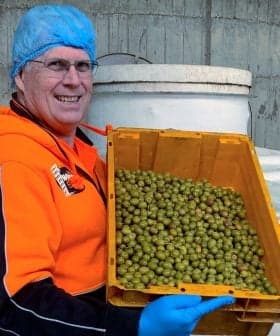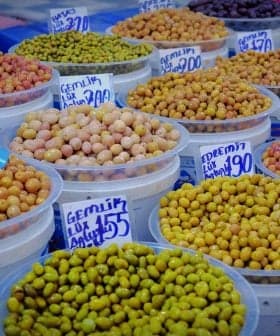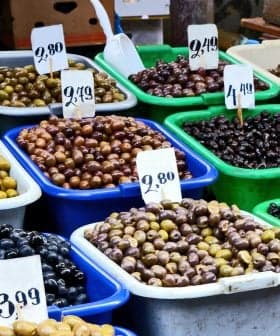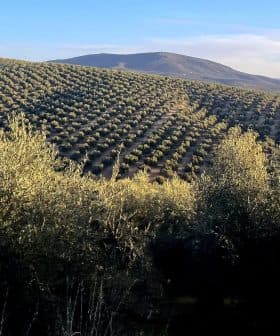Farmers in Gaza Expect Bumper Harvest
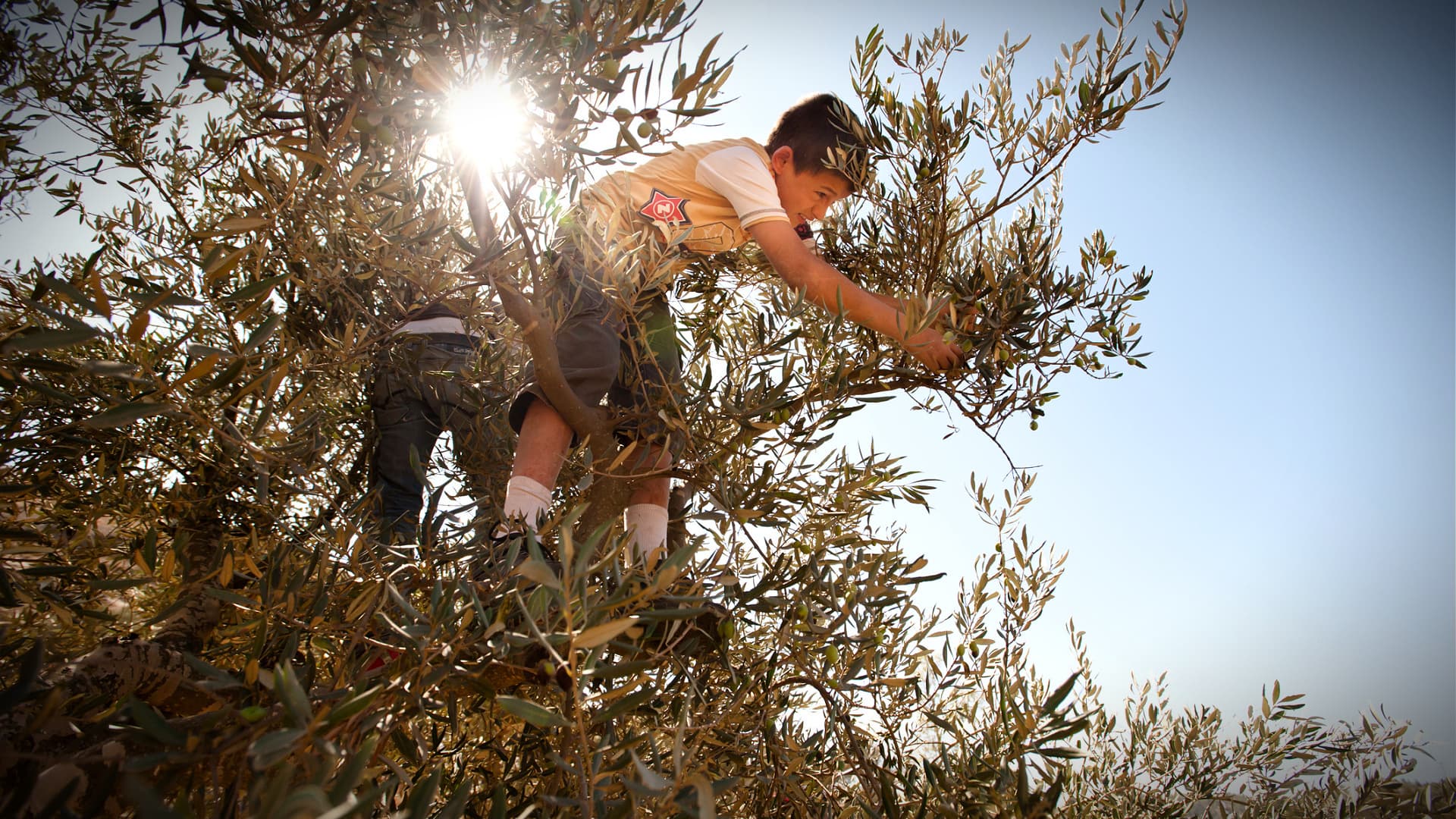
The olive harvesting season in the Gaza Strip is expected to yield 45 tons of olives, a significant increase from the previous year, marking a prosperous season for local farmers and highlighting the importance of the olive tree to Palestinians. The surplus in olive oil production may allow farmers to export their products to Arab markets, despite facing challenges such as tensions with Israel and restrictions on access to olive groves.
The olive harvesting season is underway in the Gaza Strip, a coastal Palestinian enclave, with authorities expecting a four-fold increase in olive yields.
Ayman Al-Yazouri, Gaza’s minister of agriculture, told local media that growers should harvest about 45 tons of olives, compared to the 12 tons harvested last year.
There is a surplus… which would pave the way for farmers and traders to sell their olive oil outside the Gaza Strip.
“This olive season is the best in recent years due to the abundance of production and the expansion of the cultivated areas,” he said. “This season is being used to mark the importance of the olive tree, what it represents to Palestinians and their history.”
According to the International Olive Council (IOC) figures, Palestine, which includes the West Bank and Gaza Strip, produced approximately 27,000 tons of olive oil in the 2021/22 crop year and 14,500 tons the year before.
See Also:2022 Harvest Updates“Farmers and landowners will be able to pick about one ton of olives from each hectare [of olive groves],” Adham al-Bassiouni, a ministry spokesman, told The New Arab. “They will have the chance to make up for the losses they incurred in the previous years because of the coronavirus crises and climate change.
Olive oil and table olive production are very important to the local economy, and farmers hope to export both products to several Arab markets due to the bumper harvest.
“There is a surplus… which would pave the way for farmers and traders to sell their olive oil outside the Gaza Strip,” Nasr Abu Odeh, owner of the largest olive oil mill in Gaza, told the Palestine Chronicle.
Fawwaz al-Kafarna, an olive farmer in Beit Hanoun, told The New Arab that he had to hire 20 workers to harvest his groves this year compared to the four he hired last year. “Such seasons are golden chances for thousands of workers to make some money,” he said.
Despite high expectations for the current harvest, tensions between Gaza and Israel, which erupted in August and resulted in more than 400 Palestinian casualties, are among the most significant challenges that growers face.
Local reports indicated that some farmers had difficulties reaching their trees to begin harvesting after Israeli soldiers reportedly closed sections of the Gaza Strip ahead of the Jewish holidays.




